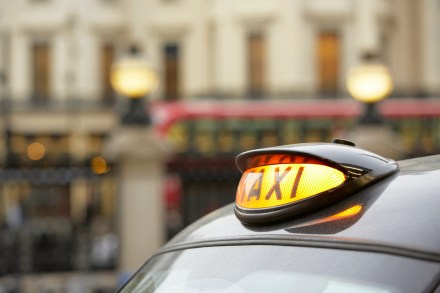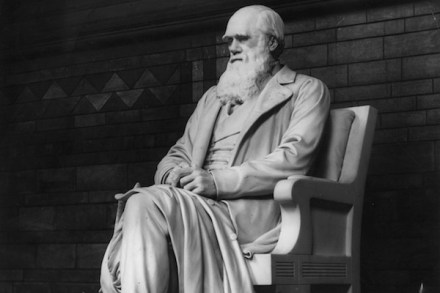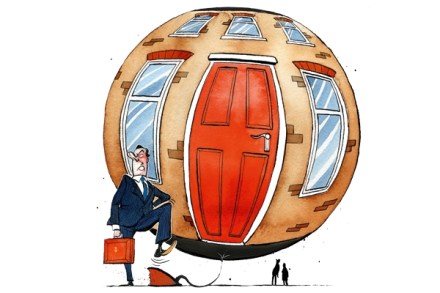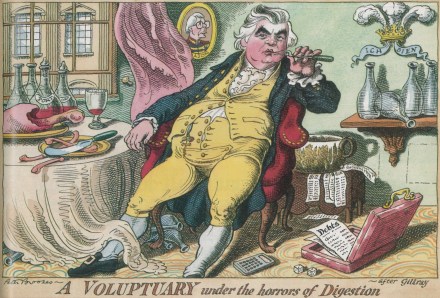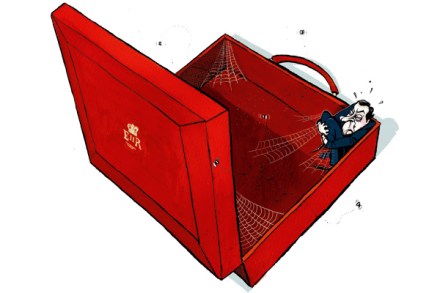Never seen the need for a class system? Take a long-haul flight
Usually it is annoying when you have to board an aeroplane via a shuttle bus rather than an airbridge. The exception is when the plane is a 747. That’s because, with the single exception of Lincoln Cathedral, the Boeing 747-400 is the most beautiful thing ever conceived by the mind of man. Any chance to see one at close quarters is a delight. But aside from the engineering, the most beautiful thing about a long-haul airliner is the economic wizardry which keeps it flying. On board are a variety of seats from the sybaritic to the spartan for which people have paid wildly varying amounts of money, even though each



